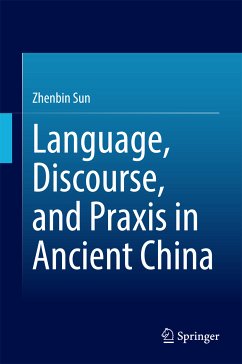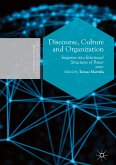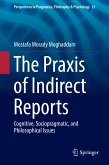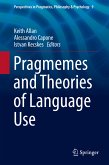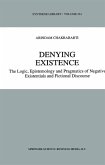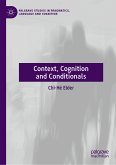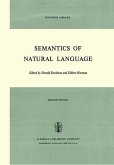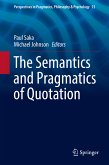This book investigates Chinese comprehension and treatment of the relationship between language and reality. The work examines ancient Chinese philosophy through the pair of concepts known as ming-shi. By analyzing the pre-Qin thinkers' discourse on ming and shi, the work explores how Chinese philosophers dealt with issues not only in language but also in ontology, epistemology, ethics, axiology, and logic. Through this discourse analysis, readers are invited to rethink the relationship of language to thought and behavior. The author criticizes and corrects vital misunderstandings of Chinese culture and highlights the anti-dualism and pragmatic character of Chinese thoughts. The rich meaning of the ming-shi pair is displayed by revealing its connection to other philosophical issues. The chapters show how discourse on language and reality shapes a central characteristic of Chinese culture, the practical zhi. They illuminate the interplay of Chinese theories of language and Dao as Chinese wisdom and worldview. Readers who are familiar with pragmatics and postmodernism will recognize the common points in ancient Chinese philosophy and contemporary Western philosophy, as they emerge through these chapters. The work will particularly appeal to scholars of philosophy, philosophy of language, communication studies and linguistics.
Dieser Download kann aus rechtlichen Gründen nur mit Rechnungsadresse in A, B, BG, CY, CZ, D, DK, EW, E, FIN, F, GR, HR, H, IRL, I, LT, L, LR, M, NL, PL, P, R, S, SLO, SK ausgeliefert werden.

